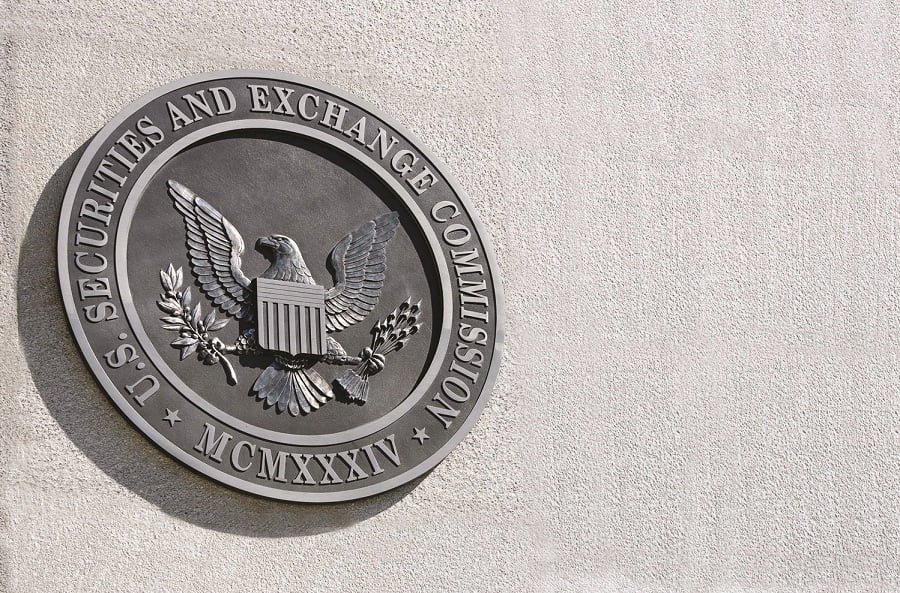A Securities and Exchange Commission proposal to curb the use of derivatives in investment funds would crimp investors' ability to diversify their portfolios, according to critics of the regulation.
Under the SEC rule, mutual funds, exchange traded funds, closed-end funds and business development companies could not have exposure to derivatives that exceed 150% of a fund's net assets. A second approach would be based on a risk assessment of the derivatives used.
In addition to a portfolio limit, a fund also would be required to maintain enough assets to cover the value of its derivatives transactions and would have to implement a derivatives risk management program. The
comment period for the rule, which was introduced in December, closed on Monday.
The Investment Company Institute, which represents the mutual fund industry, said that more than 450 funds would fail to meet the portfolio-limit test. They include leveraged funds, managed futures funds and ordinary bond funds that use derivatives to gain exposure to fixed-income markets.
Disqualified funds would have to liquidate or deregister as funds governed by the 1940 Investment Company Act. Alternatively, they would have to change their investment strategies.
“The net effect would be to dramatically decrease the fund's ability to use derivatives in a way that would be harmful to investors,” David Blass, ICI general counsel, said in a recent interview. “They're taking funds and choice away from investors.”
The rule proposal is one of three that the SEC has made over the last year to target systemic risk among asset managers. Other rules have focused on
data reporting in funds and liquidity management.
Investment funds that use derivatives, such as liquid alternatives, have become popular with investors as a way to increase returns and hedge against certain market risks.
But the SEC is concerned about the risks to investors associated with the use of more aggressive and complex strategies.
In the
rule proposal, the agency states that it is changing its approach to derivatives regulation in response to “the dramatic growth in the volume and complexity of the derivatives markets over the past two decades and the increased use of derivatives by certain funds.”
But a
recent study by the Coalition for Responsible Asset Management said that the SEC's idea of a cap on total portfolio exposure to derivatives doesn't accurately capture risk and would undermine diversification.
“The challenge the SEC faces is to construct rules that appropriately constrain the unsafe uses of derivatives without inhibiting the safe and beneficial uses of derivatives,” James Overdahl, a partner at Delta Strategy Group and a former SEC chief economist, said in a statement.
The ICI said that it supports the SEC's overall effort to reduce market-wide risk in the asset management area.
“There's a strong, clear path for the SEC moving forward with adopting all three rules it has on its agenda with the changes we've recommended,” Mr. Blass said.







